Dhaka, Apr 06 (V7N) — The top leadership of the Bangladesh Nationalist Party (BNP) has strongly stated that they will not accept any imposed reforms under the guise of national consensus. The party clarified its position during interviews with Ekattor Television, emphasizing that true reform must reflect the people's will and not be dictated by the ruling authority.
BNP policymakers Dr. Khandaker Mosharraf Hossain and Mirza Abbas, both members of the BNP Standing Committee, said the party supports genuine reforms through dialogue and consensus but warned against any top-down decisions presented as reform.
The leaders stressed that only an election can give reforms legal validity, and a sustainable path forward must involve the people's mandate.
“There is no alternative to elections for implementing legitimate reforms. Reforms must be built on consensus—not on coercion or imposition,” said Dr. Mosharraf.
BNP has already submitted its proposals and views to the Consensus Commission, a body formed by the interim government to drive structural reforms over a six-month timeline. The commission will review all suggestions from political parties and is expected to set a timeline for the next national election based on these discussions.
In response to speculation on social media that BNP is preparing to strike a compromise with the Awami League, Mirza Abbas said such rumors are being deliberately spread to create confusion and division.
“A group is trying to weaken our movement by saying BNP will compromise with Awami League. Let me make it very clear: BNP will not accept any decision that goes against the will of the people.”
The BNP also reaffirmed its commitment to the 31-point state reform agenda it announced earlier. Party leaders said they are open to reviewing and strengthening the plan, but only if the process remains inclusive and democratic.
As the Consensus Commission continues its dialogues with major political parties, BNP reiterated its stance that any final declaration must come through transparent discussions and reflect the collective will of the nation.
With the clock ticking on the six-month reform timeline, all eyes are now on how the dialogue process unfolds—and whether consensus can truly be reached without compromising core democratic values.
END/MSS/AJ



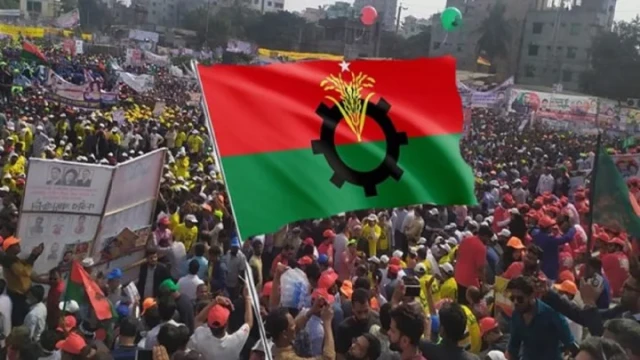
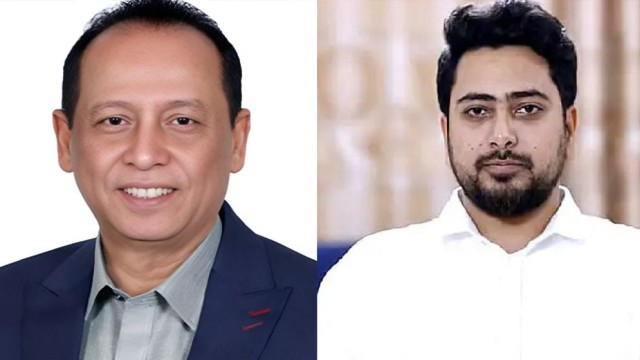

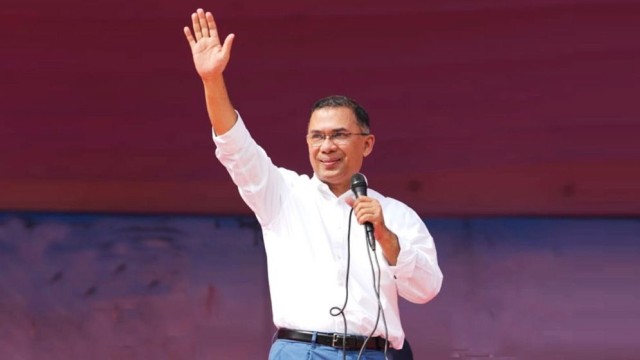
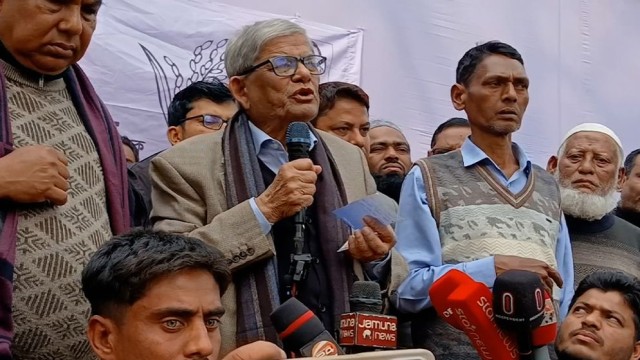

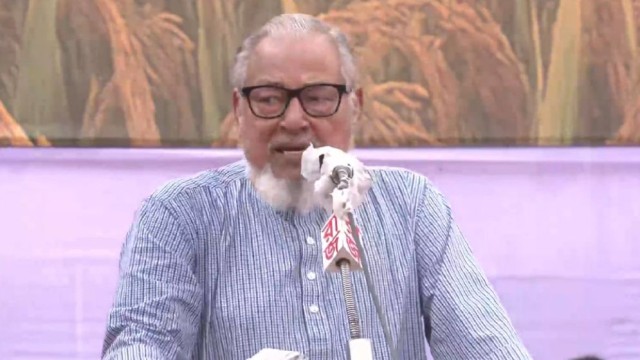
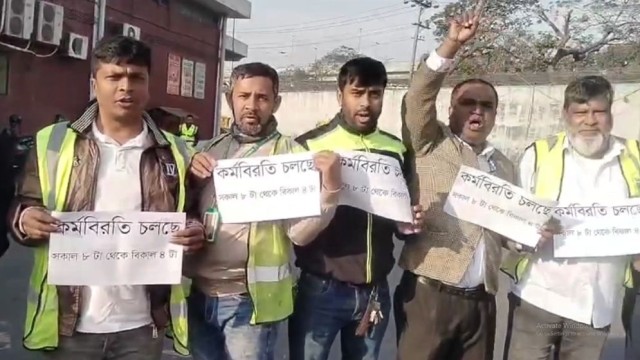
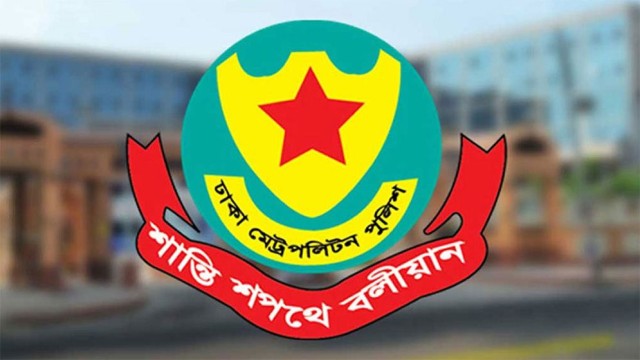
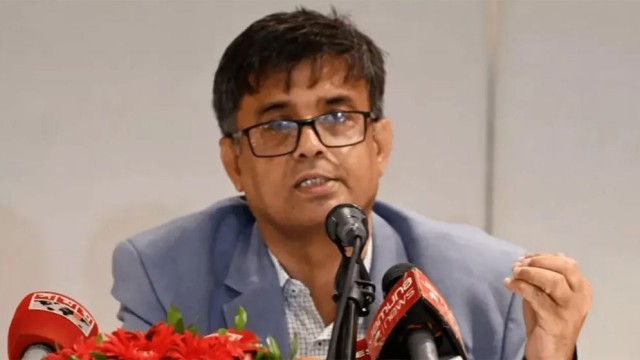


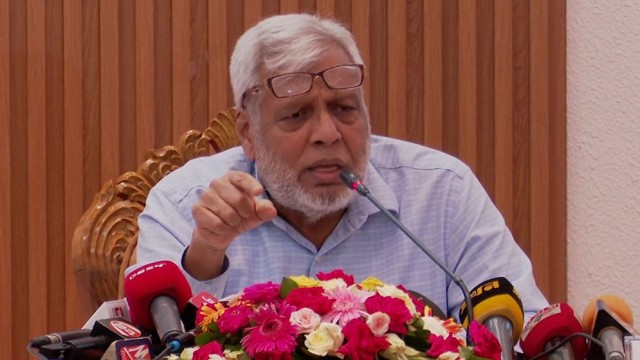
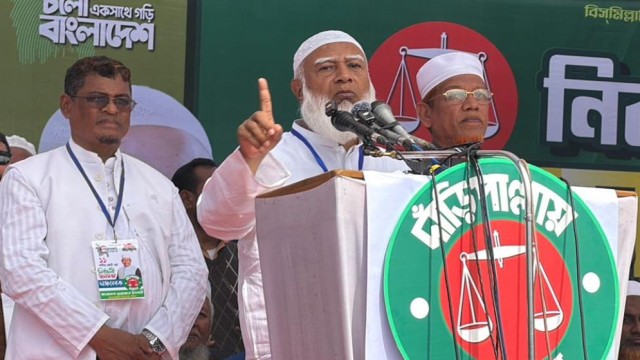
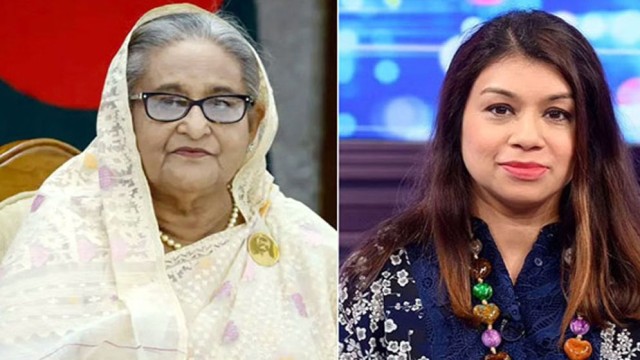
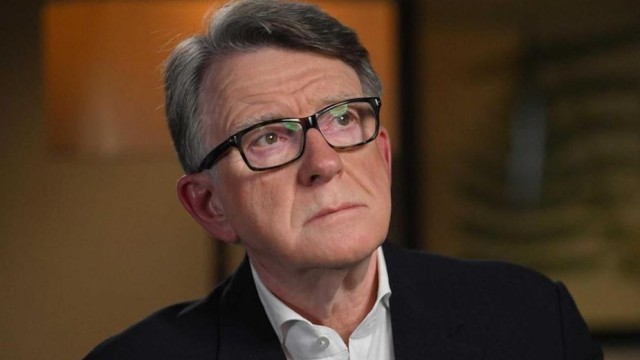





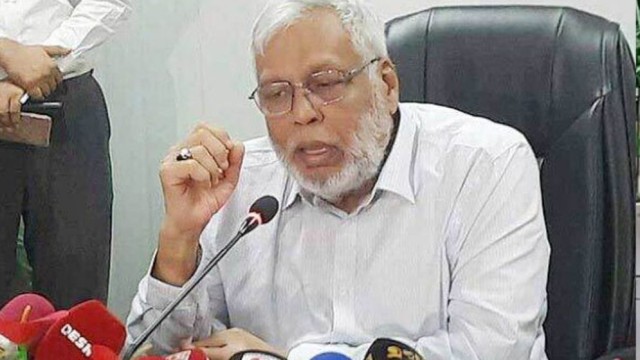


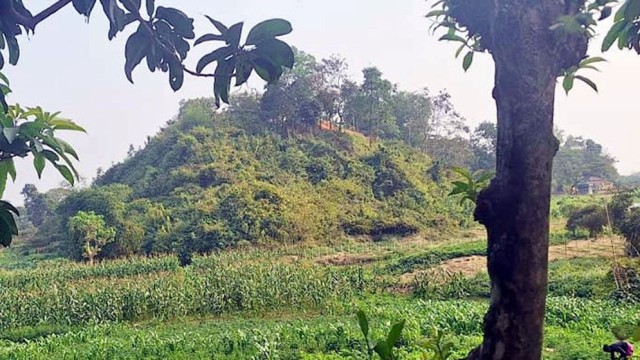



Comment: